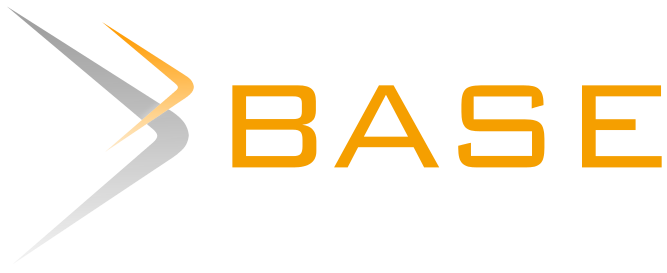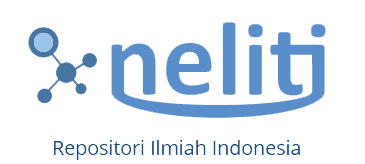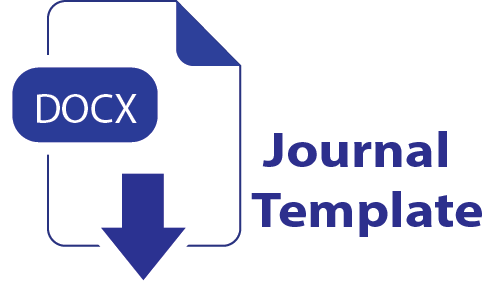Employee Engagement And Leadership Style at PT PLN West Kalimantan: Impact On Employee Productivity
DOI:
https://doi.org/10.36982/jeg.v9i1.4194Abstract
Objective: The purpose of this study is to look at how employee engagement and leadership style affect worker productivity at the main unit of PT PLN (State Electricity Company) in the West Kalimantan Region.
Design/Methods/Approach: An explanatory design and a quantitative methodology were used in the study. Documentary studies, questionnaires, and observation were some of the methods used to collect data. Customers who have utilized go-pay services in Pontianak made up the respondents. A Likert scale was used to measure the data, and multiple regression analysis was used.
Findings: With a statistical analysis result of t-value 6.794 > t-table 1.984 and a significance value of 0.000 < 0.05, the research findings show that the Employee Engagement variable has a positive and substantial impact on employee productivity in the partial test (t-test). In a similar vein, the leadership style variable also strongly influences the work productivity variable, as seen by the resulting t-value of 5.889 > t-table 1.984 and a significance value of 0.000 < 0.05. The estimated F-value is 91.568 > F-table 3.090, and the significant value is 0.000, which is less than the significance level of 0.05, according to the simultaneous test (F-test).
Originality/Value: This study focuses on how leadership style and employee engagement affect workers' productivity at West Kalimantan's PT. PLN (Persero) Regional Main Unit. A crucial component is employee involvement. The study's findings can give the business information that it can use to improve decision-making procedures and raise worker productivity.
Practical/Policy implication: This research can be utilized in formulating company management policies that emphasize the importance of employee engagement and the implementation of effective leadership styles, which can result in a more motivated and productive workforce.
Downloads
Published
How to Cite
Issue
Section
License
Copyright (c) 2024 Muchammad - Ariffin, Windi Pratiwi Windi, Aisyah, Naiyun Untung Utama

This work is licensed under a Creative Commons Attribution-ShareAlike 4.0 International License.
Authors who publish with this journal agree to the following terms:
- Authors retain copyright and grant the journal right of first publication with the work simultaneously licensed under a Creative Commons Attribution License   that allows others to share the work with an acknowledgement of the work's authorship and initial publication in this journal.
- Authors are able to enter into separate, additional contractual arrangements for the non-exclusive distribution of the journal's published version of the work (e.g., post it to an institutional repository or publish it in a book), with an acknowledgement of its initial publication in this journal.
- Authors are permitted and encouraged to post their work online (e.g., in institutional repositories or on their website) prior to and during the submission process, as it can lead to productive exchanges, as well as earlier and greater citation of published work










